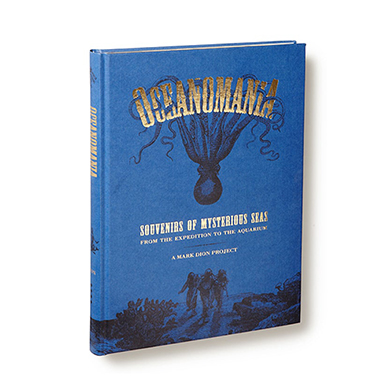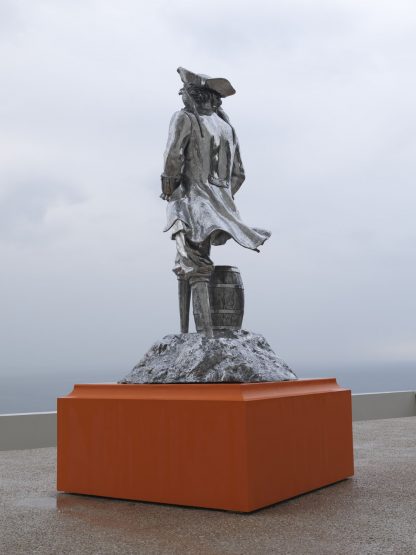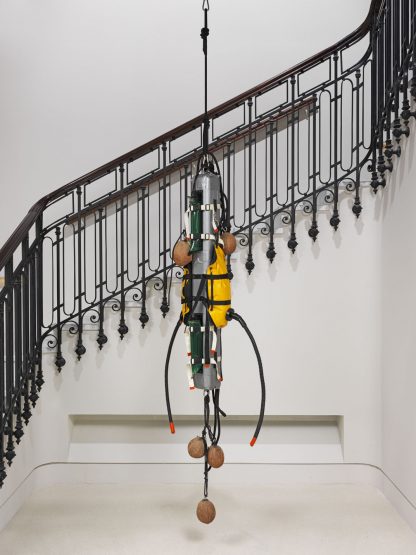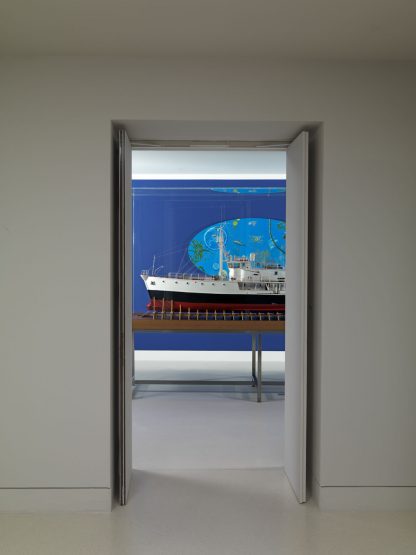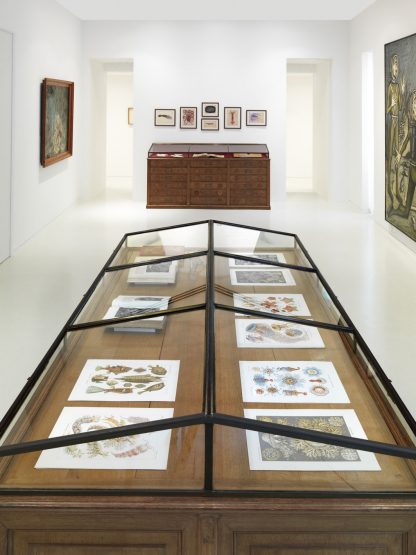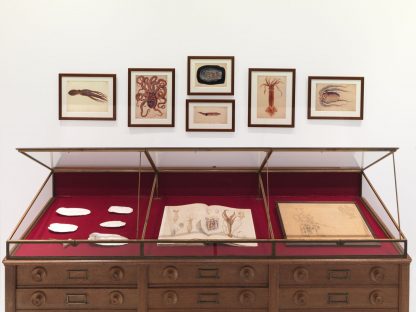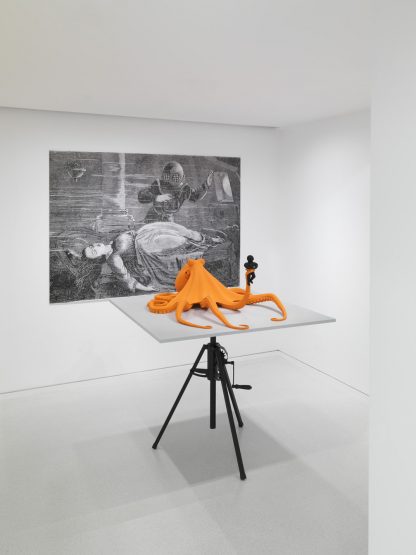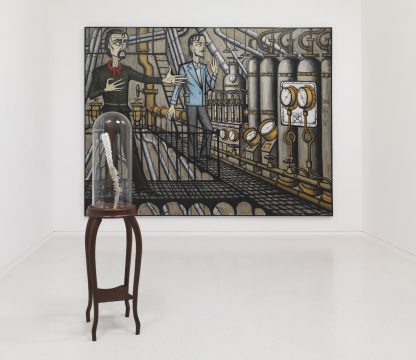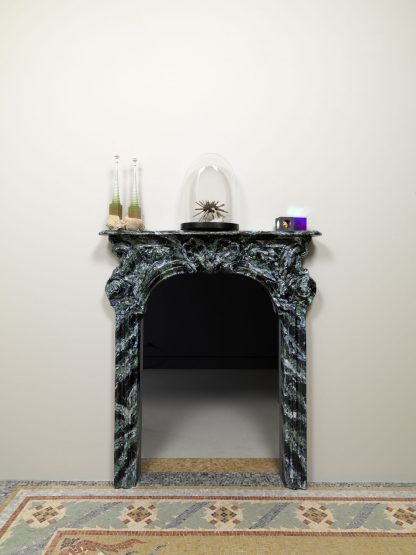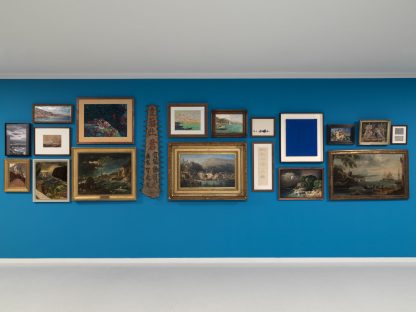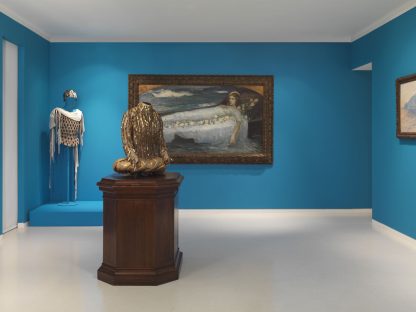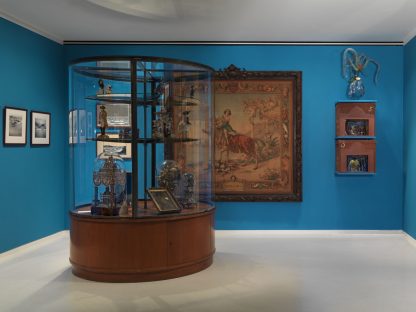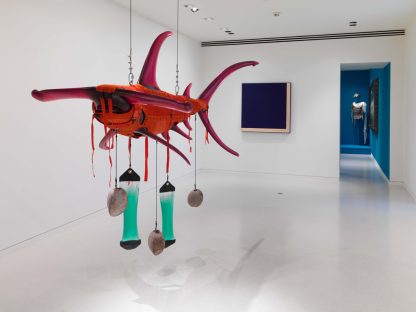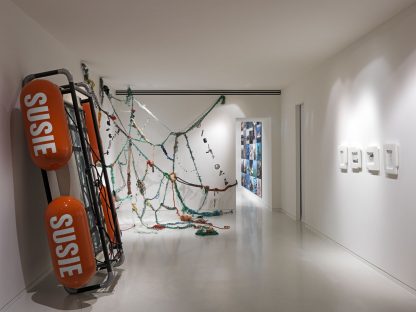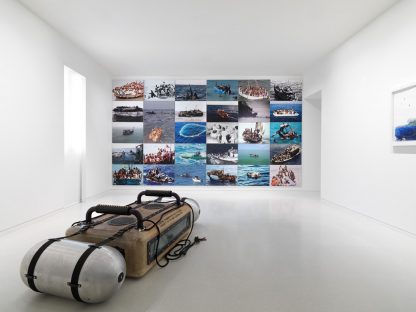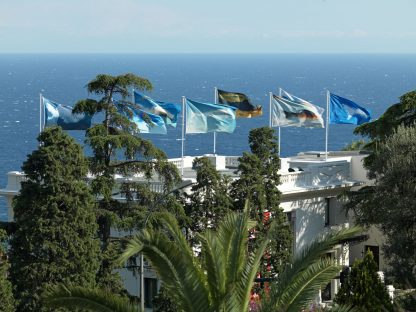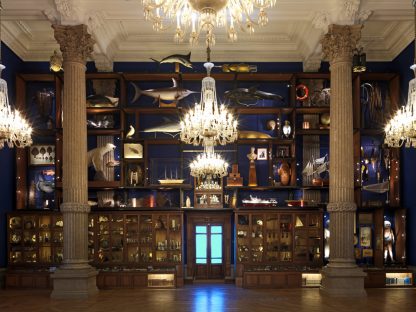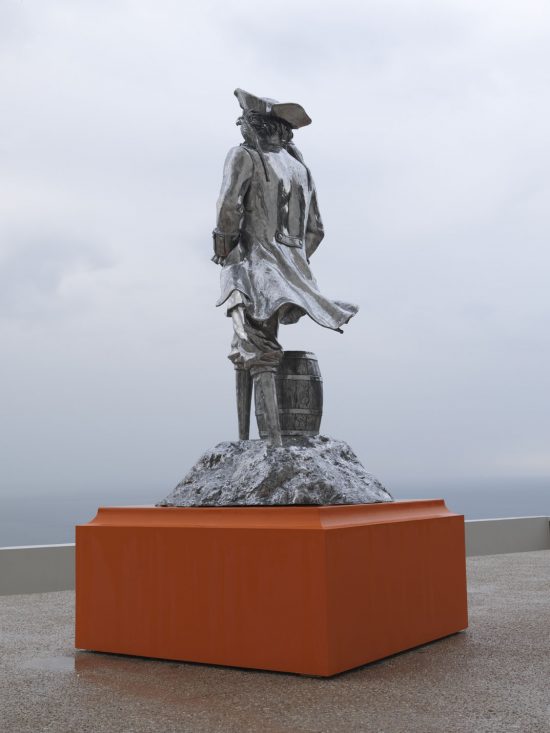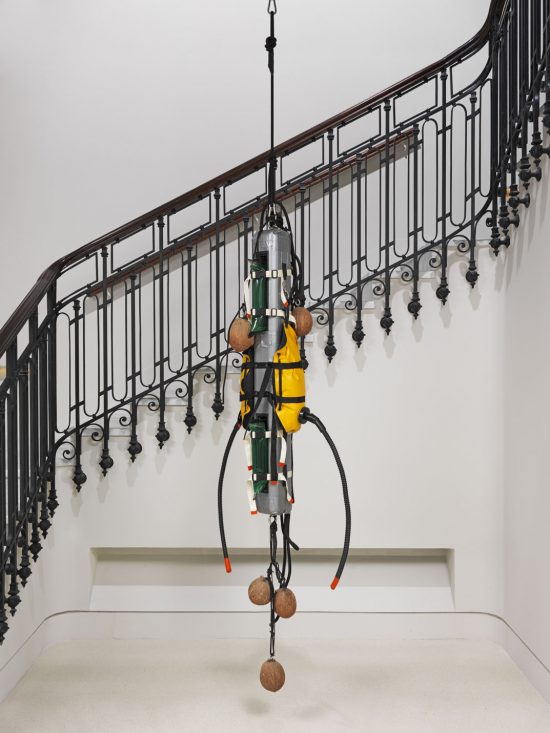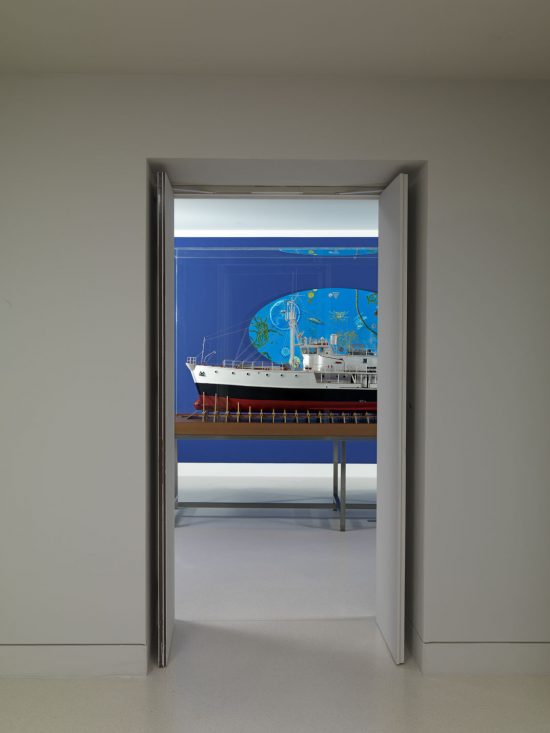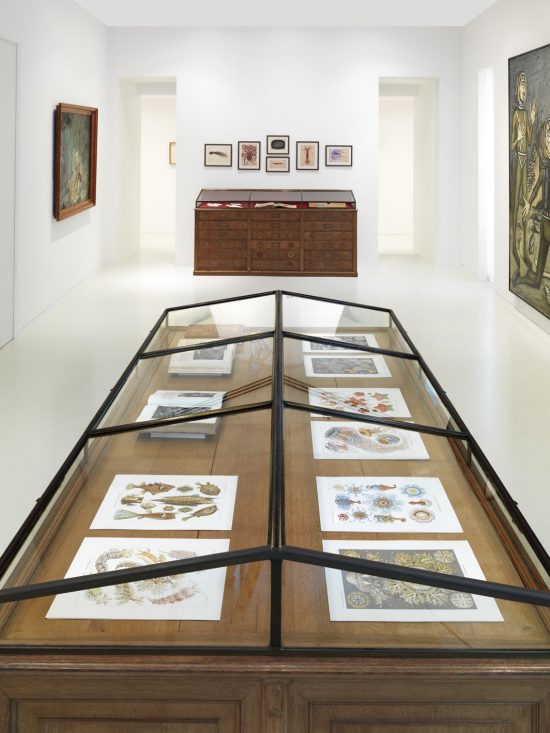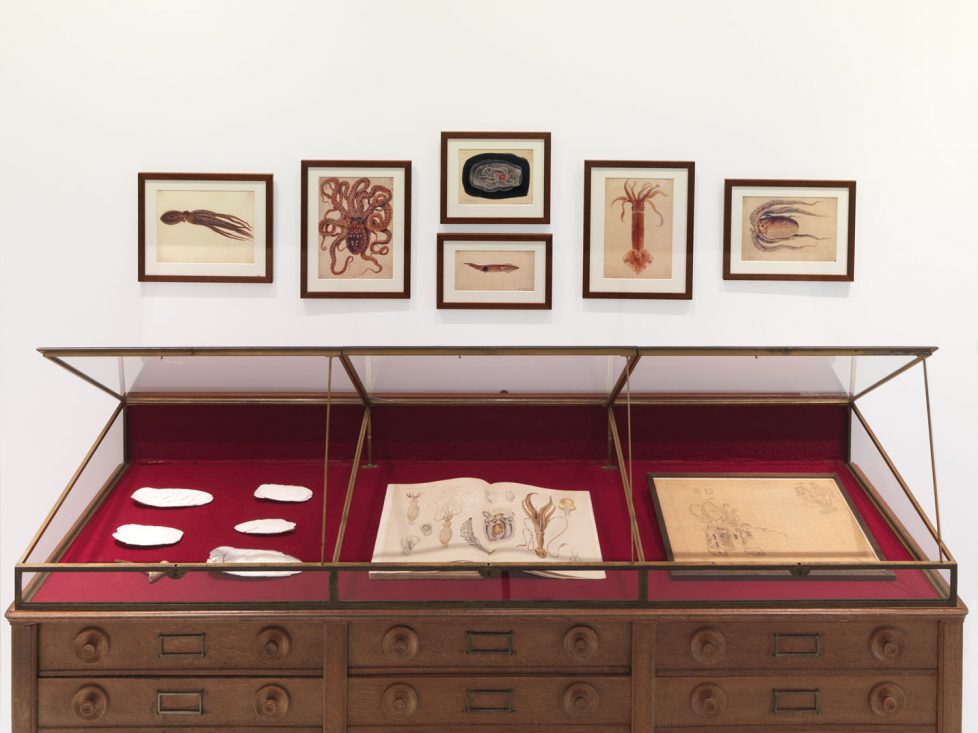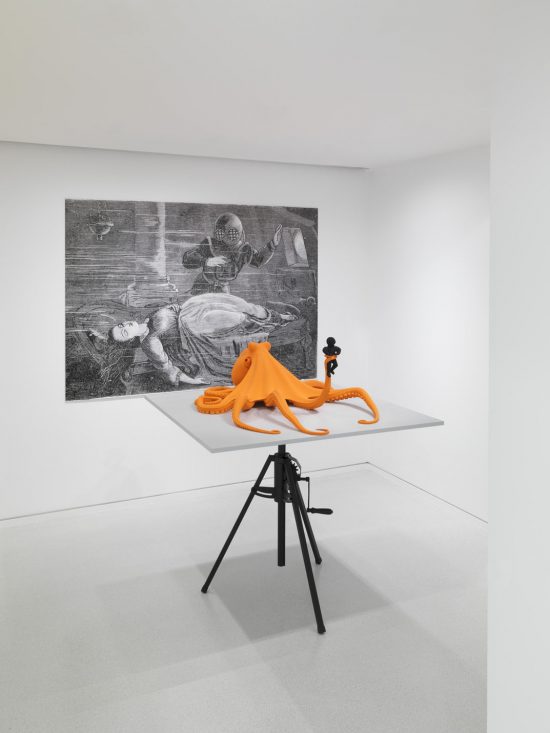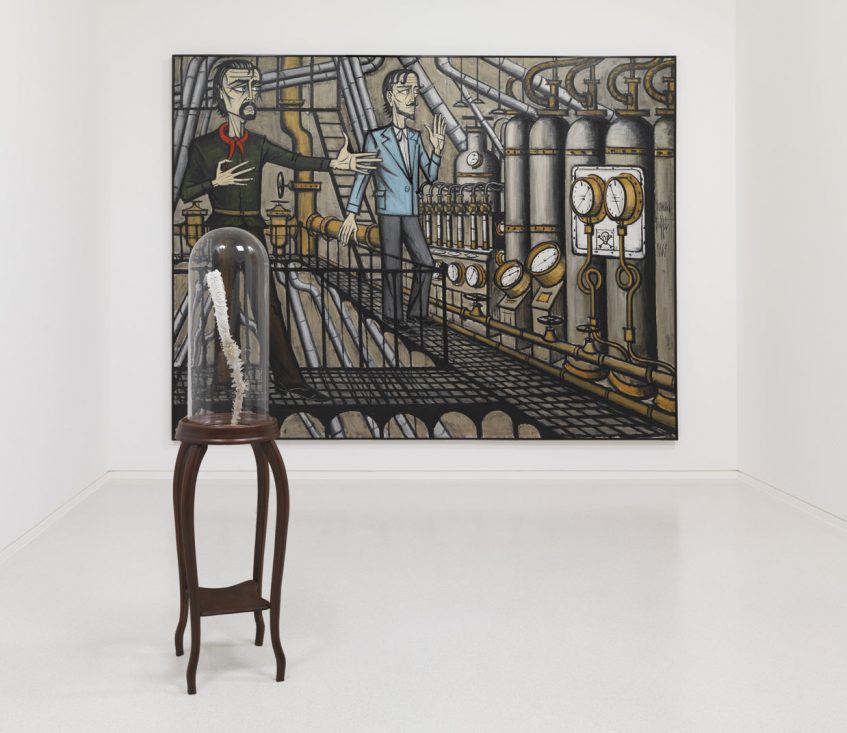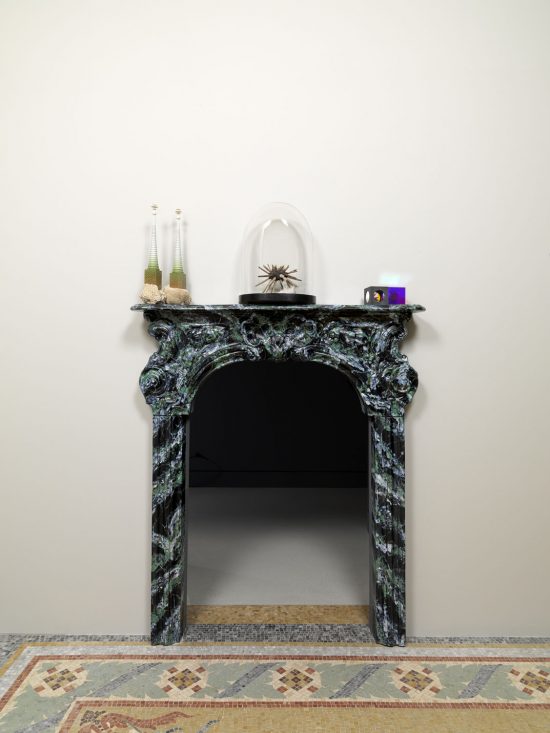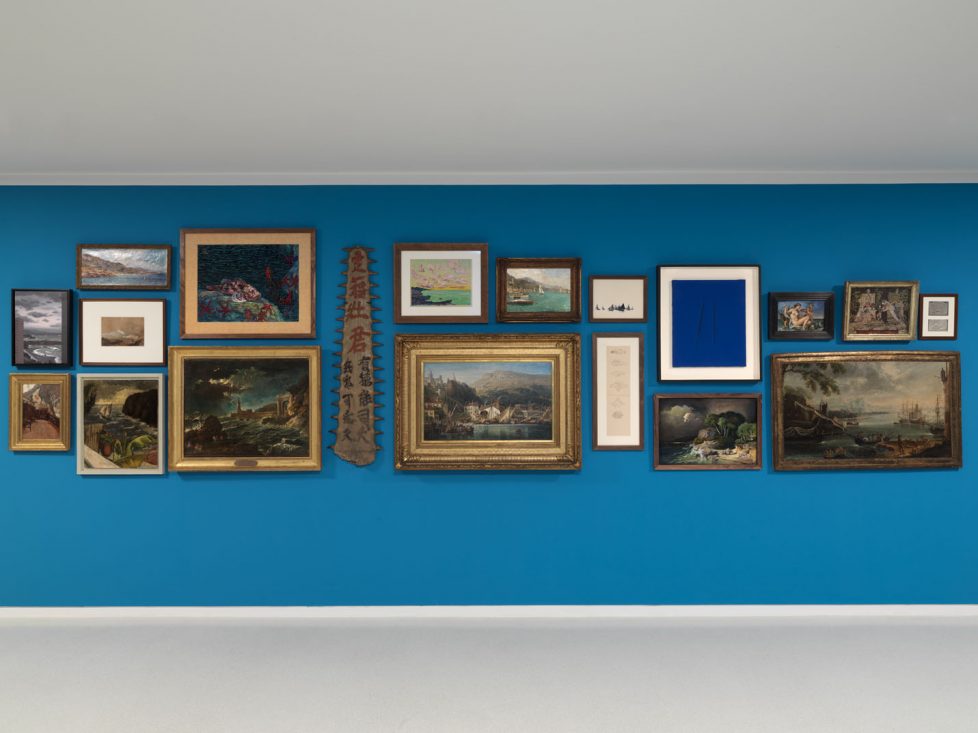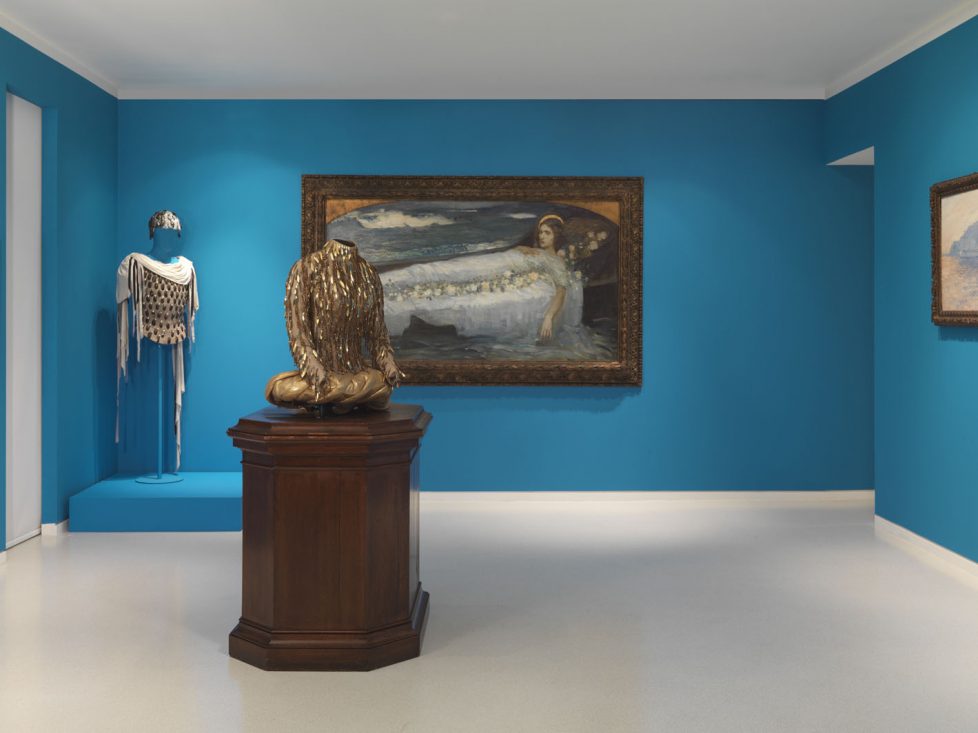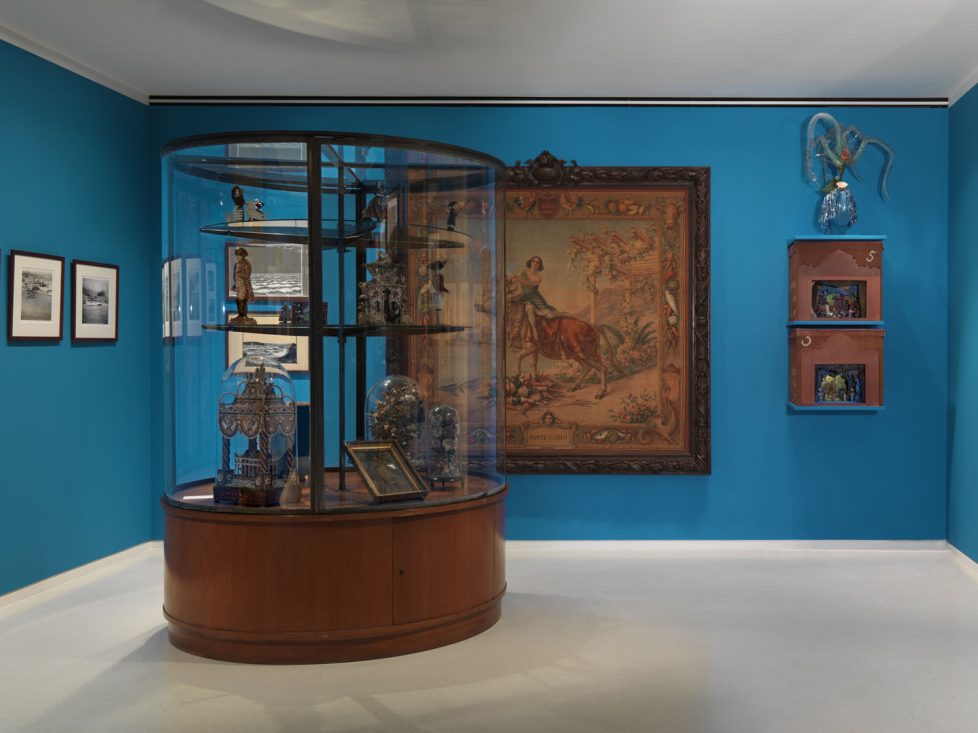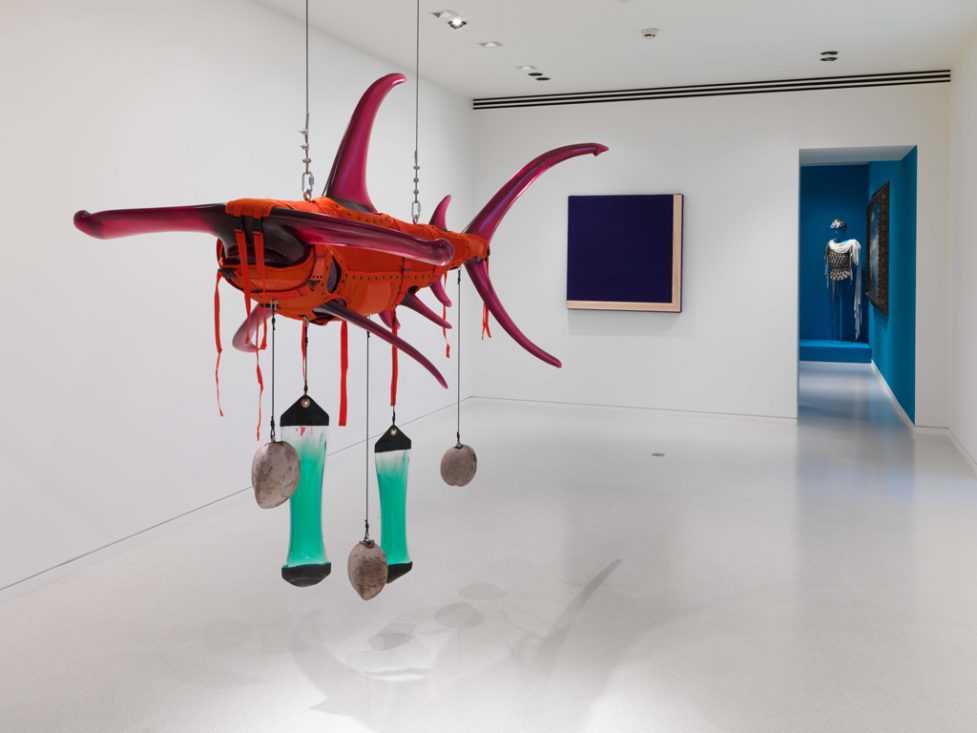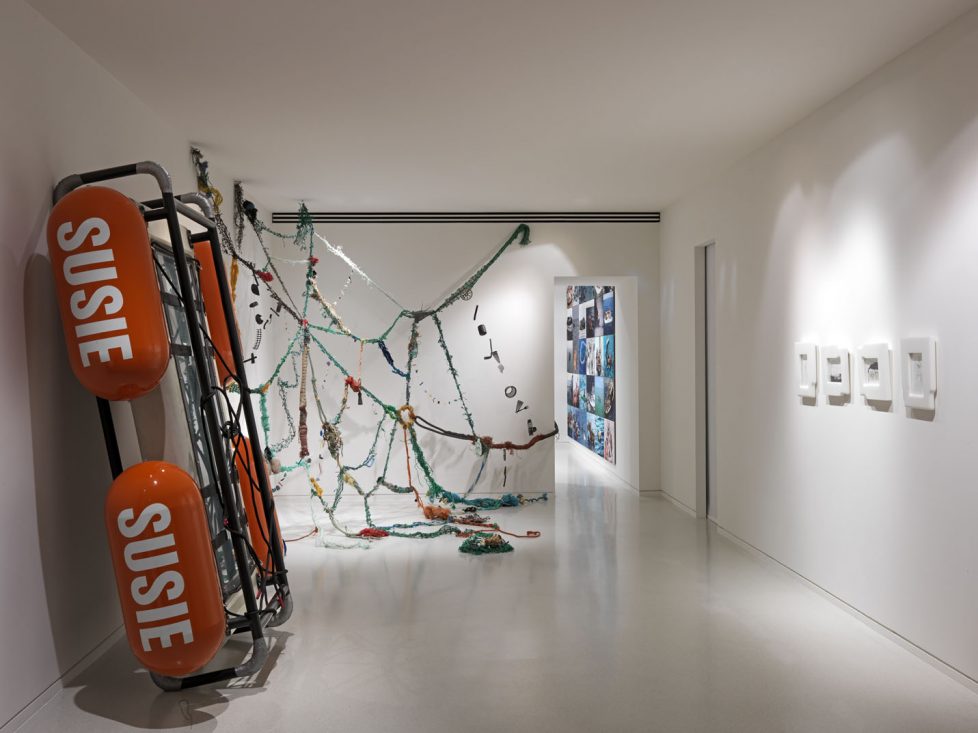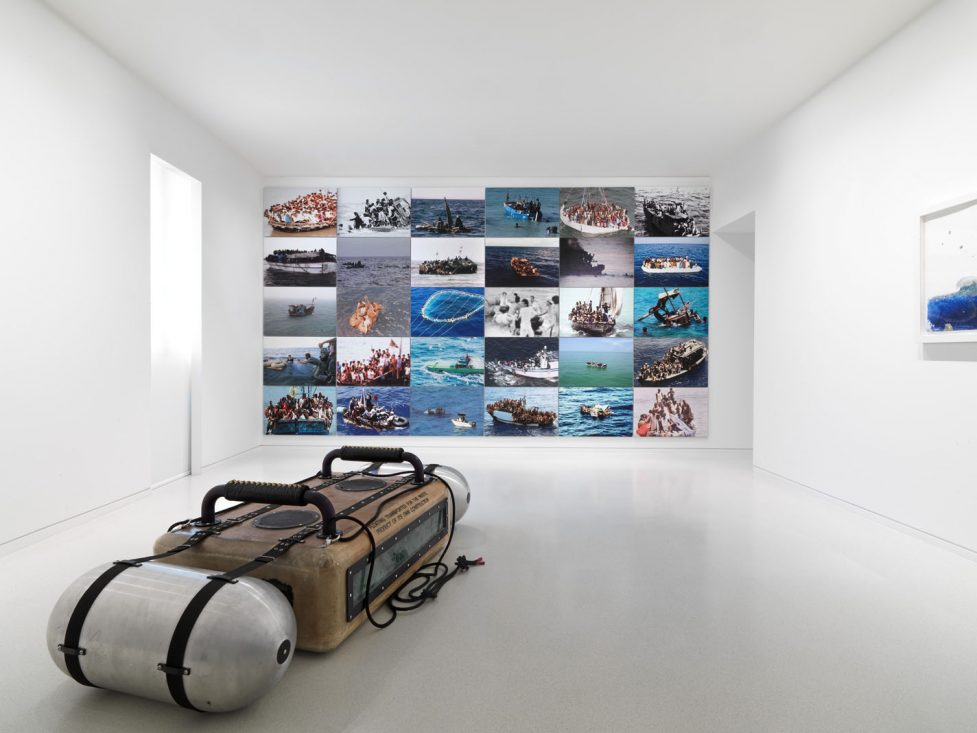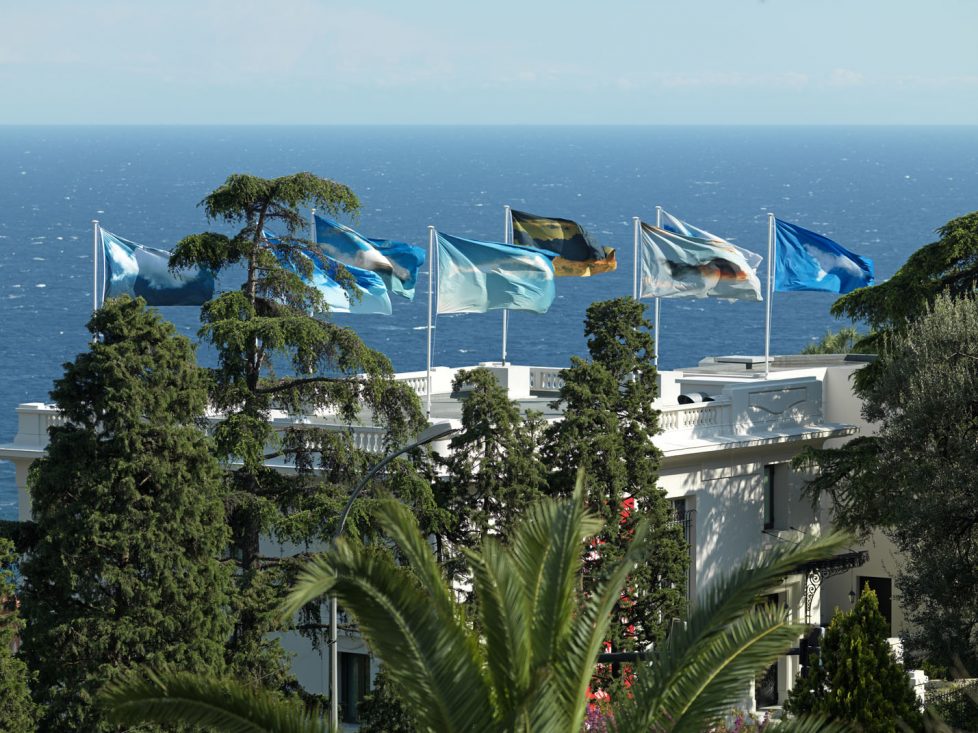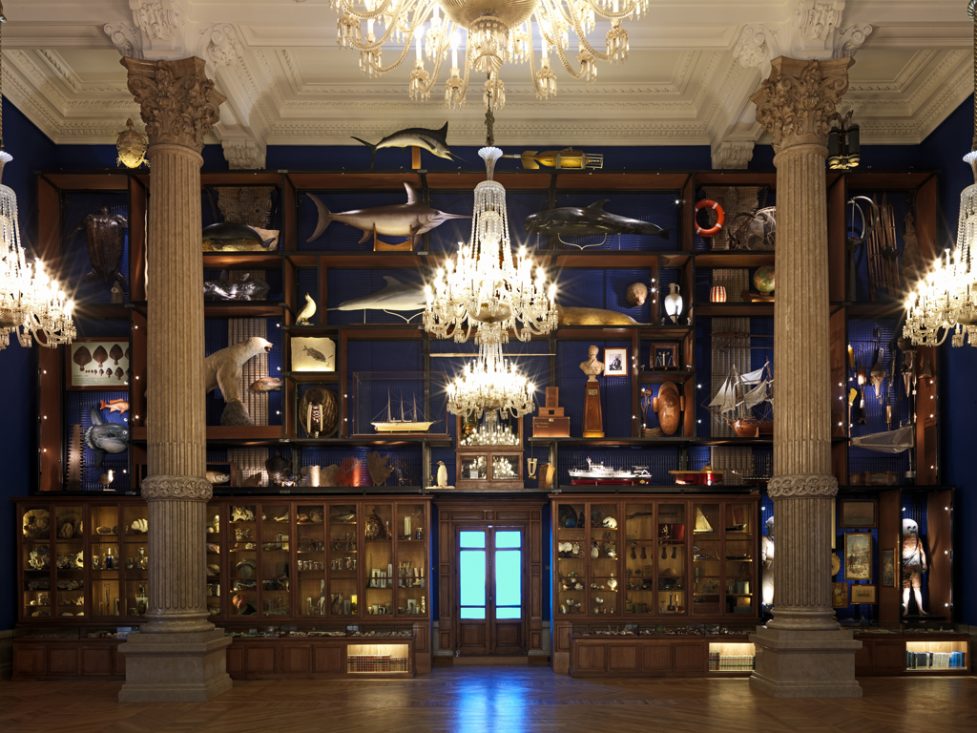OCEANOMANIA Souvenir des mers mystérieuses, de l’expédition à l’aquarium. Un projet de Mark Dion
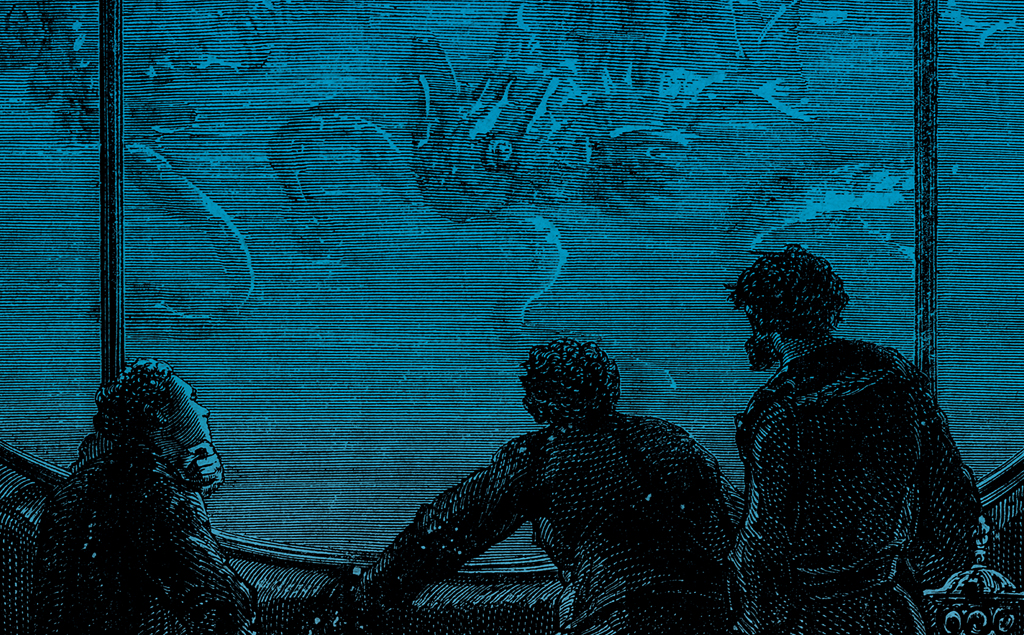
OCEANOMANIA: Souvenirs of Mysterious Seas, from the expedition to the aquarium is the title of Mark Dion’s new project for Monaco. Continuing his investigations as a naturalist, archaeologist and traveler, the American artist explores the collections of the Oceanographic Museum of Monaco to create the largest ever curiosity cabinet of the sea and exhibits his works, showing his interest for the oceans for over 20 years. At the Nouveau Musée National de Monaco (NMNM), Dion dives into the Museum’s collections and presents a major intervention and a selection of artists at Villa Paloma, one of the NMNM’s exhibition spaces.OCEANOMANIA will be on view concurrently at the Oceanographic Museum and at Villa Paloma from 12 April to 30 September 2011.
Two significant and contrasting recent maritime events form the overall conceptual framework of the project. These are the recently completed Census of Marine Life (2010) and the Deepwater Horizon oil rig explosion.
The first brought together 2,700 scientists from 80 nations over a 10 year period to assess and explain the diversity, distribution and abundance of life in the oceans. As a result 6,000 new species have been identified, only 1,500 of which have been so far described. The Census also found the oceans to be richer, more connected and impacted than previously expected.
The second, the Deepwater Horizon oil rig explosion led to 4.9 million barrels of crude oil being spilled into the seas of the Gulf of Mexico, producing an 80 square mile kill zone and causing extensive damage to marine life. Its consequences are expected to be felt for decades to come.
Dion’s project examines our perception of the oceans and engages our sense of wonder at its diversity and our melancholy at its depletion. Investigating the development of our fascination with the sea in time and space, design, literature and art, Dion reveals how the uncanny and the marvelous have inspired scientific research and artistic creation through time.
Dion’s intervention at Villa Paloma brings together works by 20 visual artists. They show different aspects relating to our understanding of the sea and the ocean. They focus on the ocean not only as a site for exploration and discovery but also as a site where there is often unregulated and invisible human labor and exchange and where the marvelous aquatic life and mineral resources are often neglectfully exploited.
The exhibition includes the monumental series Twenty Thousand Leagues under the Sea by Bernard Buffet (1928-1999) and works by Matthew Barney, Ashley Bickerton, David Brooks, David Casini,Marcel Camia, Peter Coffin, Marcel Dzama, Katharina Fritsch, Klara Hobza, Hilario Isola and Matteo Norzi, Pam Longobardi, Jean Painlevé, James Prosek, Man Ray, Alexis Rockman, Allan Sekula, Xaviera Simmons, Laurent Tixador and Abraham Poincheval and Rosemarie Trockel.
In addition, Dion’s site-specific intervention in the Salle aux Trésors at Villa Paloma comprises an eclectic gathering of sea-related art from the collections of NMNM and includes works by Lucio Fontana, J.M.W. Turner and Alphonse Visconti. As part of this museum investigation, two exquisite, rarely seen, Claude Monet paintings, showing the harbor of Monaco, will be on view for the first time in decades.
At the Oceanographic Museum, the curiosity cabinet is based on research and studies conducted by Mark Dion into the oceanographic collections and the specimens, gathered during maritime expeditions. The curiosity cabinet, the largest ever conceived, is 10 metres high and18 metres in width. It is made up entirely of the Oceanographic Museum’s collections and includes a wide range of objects of different sizes and shapes. Taxidermised animals, containers full of fish, fossils, a polar bear, oceanographic instruments, wetsuits, arts objects inspired from the sea, scientific documents and models are displayed together in the exhibition spaces and in the 100-year-old bookcase.
The curiosity cabinet finds its inspiration in the first Wunderkammern, which were developed during the European Renaissance. The Wunderkammern, or wonder rooms, comprised the classification of species (taxonomy) and sea-related artifacts and their arrangement. These systematic collections of samples later led to the conception of aquariums and the recreation of idealized microcosms which were dedicated to educational study and which, in turn, led to unlimited wonder.
OCEANOMANIA is a journey between the NMNM and the Oceanographic Museum of Monaco. It is interconnected by the theme of quest for scientific knowledge, as presented in the ideals of the Enlightenment, where the marvelous and the uncanny combined with the pursuit for learning. The exhibition also pays tribute to Prince Albert I of Monaco (1848-1922), pioneer of modern oceanography and founder of the Oceanographic Museum.
Co-curators: Sarina Basta and Cristiano Raimondi
Scientific advisors: Patrick Piguet and Nathalie Rosticher Giordano.

